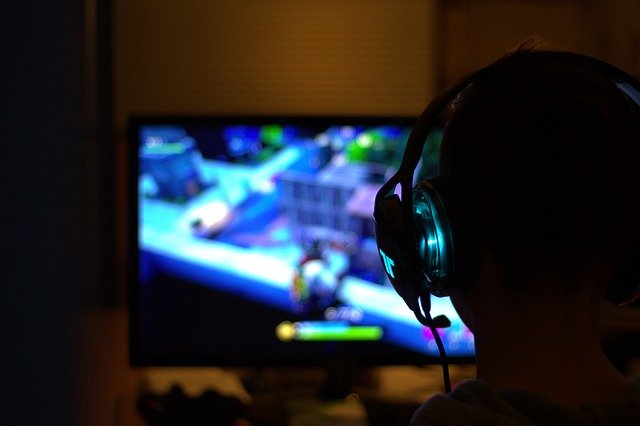A graphics card converts information provided by a game's CPU into pixels on your monitor at various intervals throughout each second - this process contributes to how lifelike and realistic its appearance appears.
Graphics cards can usually be distinguished by their model number, which often contains additional letters such as XT or HD, and series in which they belong. These numbers usually indicate how new each GPU is; higher numbered models tend to be newer.

Identify Your Needs
Step one of selecting an appropriate video card for your PC is determining your needs. There are various elements that could impact gaming performance, including what games you enjoy playing and the resolution or refresh rate of your monitor.
Consider your budget when searching for GPUs; GPUs can be costly. If your budget doesn't allow for that kind of investment, less expensive options exist which still perform adequately for most games.
Form factor is another essential consideration, referring to how much space a card occupies within your case and motherboard. You will want to ensure it fits comfortably without interfering with cabling or storage bays; also ensure your power supply can provide enough power to it; cards typically draw significant power from their motherboard.
Check the Requirements of the Software You Want to Run
Your choice of games will have a profound effect on which video card is required for optimal playback. For instance, first-person shooters often require more powerful GPUs than real-time strategy titles.
As part of your gaming setup, it is also wise to review any requirements for software such as video editing and streaming that may need extra features such as variable refresh rates or ray-tracing support, like with the AMD Radeon 5700G.
AMD and NVIDIA both categorize their cards by series number, with higher numbers signifying newer designs. Both companies sometimes add a letter after the number - for instance GT or RT for example - for easy reference.
As a general rule, the more memory a video card has, the faster it will run; however, keep in mind that not all games benefit from additional memory. Furthermore, more powerful video cards create more heat; many use fans to dissipate this heat which may make your PC louder while running games.
Consider Your Budget
There's an impressive variety of graphics cards on the market to suit a range of applications and needs, from entry-level cards suitable for older games to high-end cards capable of running today's most advanced and demanding titles at high resolution and frame rates. Furthermore, you'll find various models varying depending on performance features and price - not forgetting those available to gamers with disabilities!
As with any purchase decision, starting by checking the manufacturer's suggested retail price (MSRP) of your desired GPU can help make an informed purchase decision; but don't be intimidated to shop around; many online stores sell cards at prices considerably below MSRP - tools such as CamelCamelCamel can assist in finding you the best deals.
Budget for GPU RAM, or video random access memory, as well. The more VRAM your card has, the better its performance will be; if you plan to play at high resolutions, this may require at least 8GB.
Read Reviews
Graphics cards play a critical role in gaming performance, especially at higher resolutions. To find the optimal GPU for you needs, it's best to read reviews of various models from different manufacturers.
User feedback is easily found on gaming forums and centralized sites like Reddit. Although user comments can sometimes differ significantly, they still provide useful guidance as to which graphics cards would make the ideal gaming PCs.
Comparison of GPUs by their number of CUDA cores and stream processors may not always provide an accurate reflection of each card's capabilities; generally speaking, newer GPUs offer superior performance over older ones as architectural advances usually outweigh any differences in number of cores or stream processors. You should also take note of each card's memory bandwidth as this determines how quickly data can be rendered by it; higher memory bandwidth often correlates to faster performance.